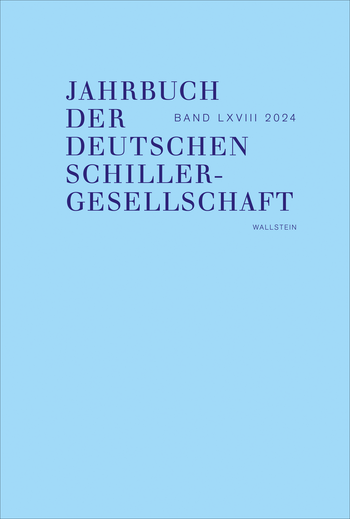


Mit dem Zuschnitt der Autorschaft auf die Brüder Grimm und der Nichtbeteiligung sozial eng verbundener Kollegen (›strong ties‹) wurde die Ausarbeitung des Projekts stark verzögert. Eine breite paritätisch organisierte Verfasserschaft durch schwache soziale Verbindungen (›weak ties‹) wie beim ›Brockhaus‹ kam in der Frühphase des DWB ebenfalls nicht zustande. Innovativ und projektkonstituierend war jedoch die umfangreiche Quellenexzerption durch ›weak ties‹, vor allem im Vergleich mit den weniger kooperativ organisierten früheren Wörterbüchern von Adelung und Campe.
An analysis of the ›Deutsches Wörterbuch‹ (DWB) in the framework of social network theory sheds light on the reasons for its crises from a new perspective: the project’s execution was severely delayed by the restriction of authorship to the Brothers Grimm and the non-participation of colleagues with strong social ties. Moreover, a broader and more balanced distribution of authorship along weak ties was not established in the early phase of the DWB, as was to be the case with the ›Brockhaus‹. Nevertheless, the innovative strategy of extensive source excerption by numerous external contributors (weak ties) was constitutive for the project, especially when compared with the earlier and less cooperatively organized dictionaries of Adelung and Campe.
Philip Kraut ist wissenschaftlicher Mitarbeiter am Institut für deutsche Literatur der Humboldt-Universität zu Berlin.
mehr